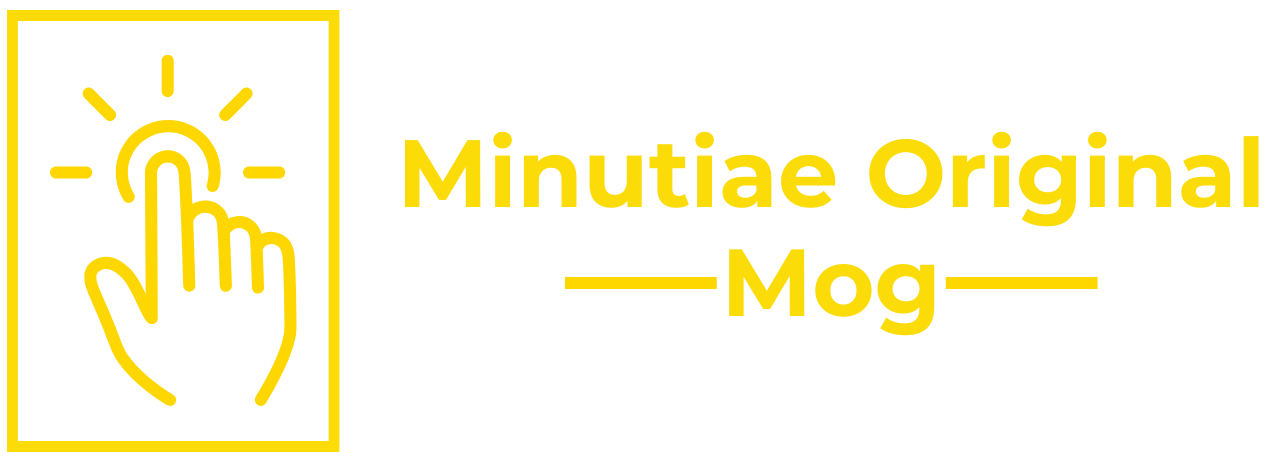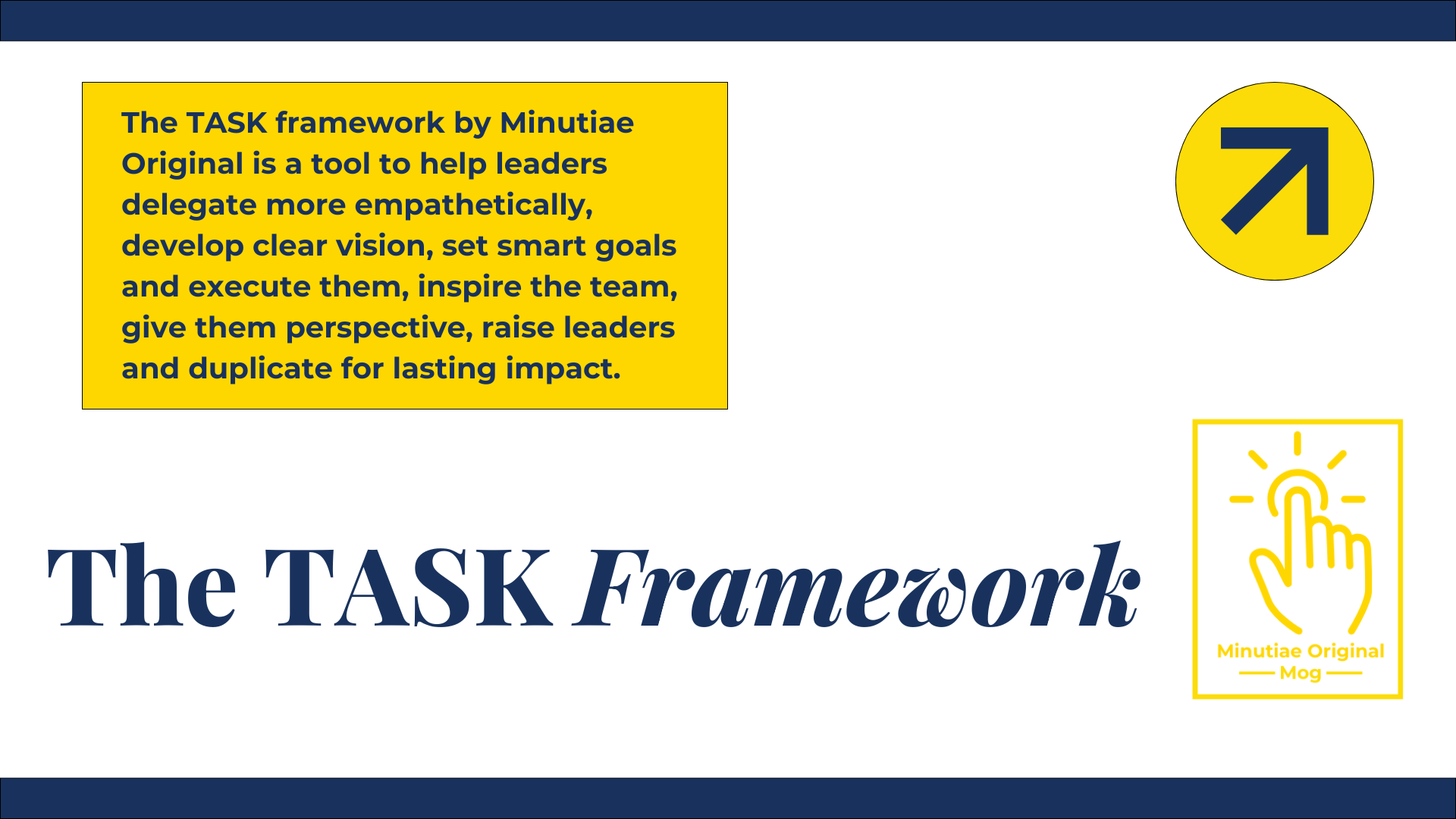The TASK Framework – encompassing Time, Actions, Size, and Knowledge – isn’t merely a set of concepts; it’s your strategic weapon for dissecting team dynamics and conquering the obstacles that stand between you and extraordinary results. This powerful framework empowers you to move beyond simply managing tasks to truly leading people, fostering an environment where achievement is not just a possibility, but an expectation. By mastering Time, you’ll align every effort with your ultimate objectives. By connecting Actions to profound purpose, you’ll ignite unwavering motivation. By strategically managing Size, you’ll transform daunting challenges into easily conquerable milestones. And by cultivating Knowledge through psychological safety, you’ll unlock the full potential of every team member. Embrace the TASK Framework, and you will transition from a reactive firefighter to a proactive architect of success, building teams that not only meet expectations but shatter them.
Consider the following: Think about a time when a project felt stalled, mired in confusion and resistance. The TASK Framework provides you with the precise lenses to diagnose the underlying causes and prescribe effective solutions.
Mastering Time: The Strategic Imperative for Maximum Impact
Time is your most precious, non-renewable resource. The TASK Framework compels you to move beyond the superficialities of calendars and deadlines and delve into the psychology of time perception within your team. When a team member declares, “I don’t have time!”, it’s rarely about a lack of hours in the day. More often than not, it’s a symptom of misaligned priorities, a disconnect between the urgent and the truly important.
Consider the following: Imagine a marketing manager grappling with an overwhelmed team, deadlines slipping, and morale plummeting. By applying the Time component of the TASK Framework, this leader didn’t just demand more hours; she initiated a crucial dialogue: “How does this specific task directly contribute to our overarching marketing goals and your individual objectives?” Through this powerful question, she uncovered tasks that were consuming valuable time without delivering significant impact. By ruthlessly realigning priorities and eliminating non-essential activities, she not only freed up her team’s time but also focused their energy on initiatives that truly moved the needle, resulting in a dramatic increase in both productivity and team satisfaction.
The actionable step here is to consistently ask yourself and your team: “What are the vital few priorities that will deliver the greatest results, and how can we strategically allocate our time to these?” By treating time as a strategic asset, you empower your team to laser-focus on what truly matters, maximizing their output and your overall success.
Igniting Purpose: The Unstoppable Force Behind Meaningful Actions
Tasks executed without a clear sense of purpose are like ships sailing without a destination – they drift aimlessly, devoid of energy and direction. The Actions component of the TASK Framework demands that you, as a leader, forge an unbreakable link between the daily activities of your team and the overarching “why” behind their work.
Consider the following: Picture a team diligently inputting data into spreadsheets, their work feeling monotonous and disconnected. Morale is low, and errors are creeping in. A sharp leader, applying the Actions principle, didn’t just instruct them to work faster. Instead, this leader initiated a powerful conversation: “Consider for a moment how the accurate and timely data you are entering directly impacts our ability to understand our customers, tailor our services to their needs, and ultimately, improve their lives.” By illuminating the direct connection between their seemingly mundane tasks and the positive impact on the customer, the leader infused their work with meaning. What was once perceived as a tedious chore transformed into a vital contribution to the company’s mission.
The actionable strategy here is to consistently ask your team: “What is the profound significance of this task? How does it contribute to our shared goals and the larger impact we are trying to make?” By aligning actions with deeply held values and clearly articulating the purpose behind every task, you transform routine work into mission-driven contributions, fueling sustained inspiration and unwavering commitment. Purpose isn’t a bonus; it’s the very engine of exceptional performance.
Conquering Overwhelm: The Strategic Art of Simplifying Complexity
When your team voices the sentiment, “This workload is simply too much!”, it’s not a reflection of their inherent limitations but often a symptom of poorly defined and overwhelming tasks. The Size element of the TASK Framework provides you with the strategic tools to reframe these seemingly insurmountable challenges into manageable, actionable steps.
Consider the following: Imagine a talented software developer paralyzed by the sheer scope of a major feature launch. The project feels like an unscalable mountain, leading to procrastination and anxiety. A decisive leader, employing the Size principle, didn’t just offer encouragement. Instead, this leader facilitated a process of meticulous decomposition: “Let’s break this massive feature down into its smallest, most digestible components. What is the very first, simplest step we can take right now?” By segmenting the project into clear, achievable milestones with defined timelines, the overwhelming feeling dissipated. The developer could now focus on conquering one small step at a time, building momentum and a sense of accomplishment with each mini-victory. What once felt impossible now seemed entirely within reach.
The immediate action you must take is to consistently ask: “How can we break down this complex task into smaller, clearly defined steps? What are the immediate, manageable actions we can take to gain traction and build momentum?” Clarity and achievable milestones are the antidotes to paralysis. Remember this vital truth: overwhelming tasks are often not a problem of capability but a challenge of clarity and strategic segmentation.
Cultivating Knowledge: The Foundation of Confidence and Continuous Growth
The fear of admitting “I don’t know how” can cripple progress and stifle innovation within your team. The Knowledge pillar of the TASK Framework equips you to build a culture of psychological safety, where curiosity is encouraged, and learning is celebrated as a pathway to collective success.
Consider the following: Envision a team consistently submitting incomplete and error-ridden reports. Instead of resorting to blame, a forward-thinking leader applied the Knowledge principle. This leader didn’t just point out the deficiencies; they fostered an environment where team members felt safe to ask questions without fear of judgment. The leader initiated open discussions: “What specific challenges are you encountering in gathering this information? What resources or support do you need to feel fully confident in completing these reports accurately?” By actively listening and providing targeted mentorship and training, the leader addressed the underlying knowledge gaps. Furthermore, they celebrated instances of learning and knowledge sharing within the team, reinforcing the idea that seeking help is a sign of strength, not weakness. As knowledge gaps closed, not only did the accuracy of the reports improve dramatically, but the team’s overall confidence and proactive problem-solving abilities soared.
Your actionable strategy here is to consistently ask: “What specific knowledge, skills, or resources does each team member need to excel in their roles? How can we create a safe and supportive environment where asking questions and seeking help is encouraged and celebrated?” Cultivate a culture of continuous learning through mentorship, training initiatives, and by openly acknowledging and rewarding knowledge sharing. When you prioritize the growth and development of your team’s knowledge, you unlock their full potential and build a foundation of unwavering confidence and competence.
Embrace the TASK Framework – Time, Actions, Size, Knowledge – not just as a diagnostic tool, but as your strategic roadmap to building high-performing teams and achieving your most ambitious leadership goals. By focusing on these core elements, you will empower your team, drive exceptional results, and solidify your position as a leader who truly makes a difference. Now, take these powerful principles and implement them immediately. Your success depends on it.

